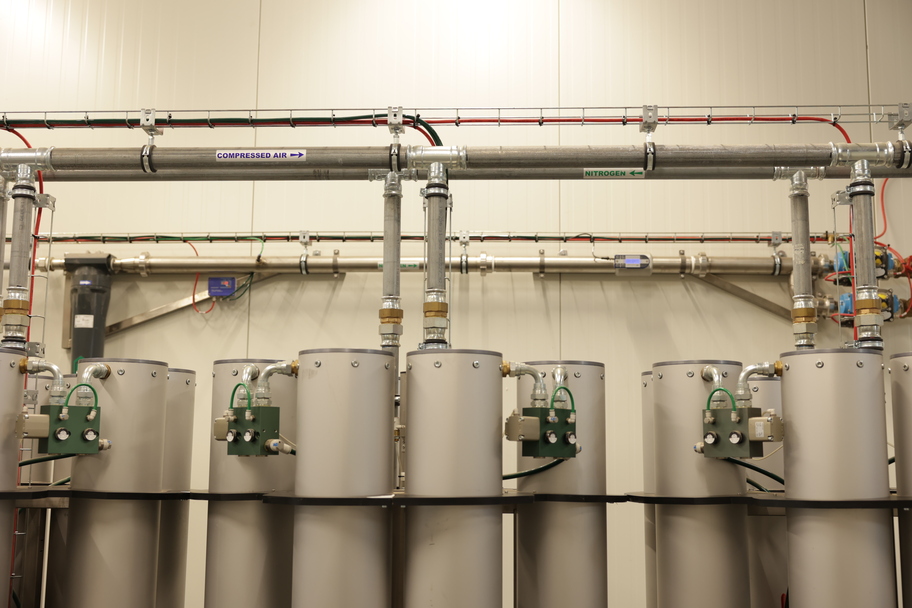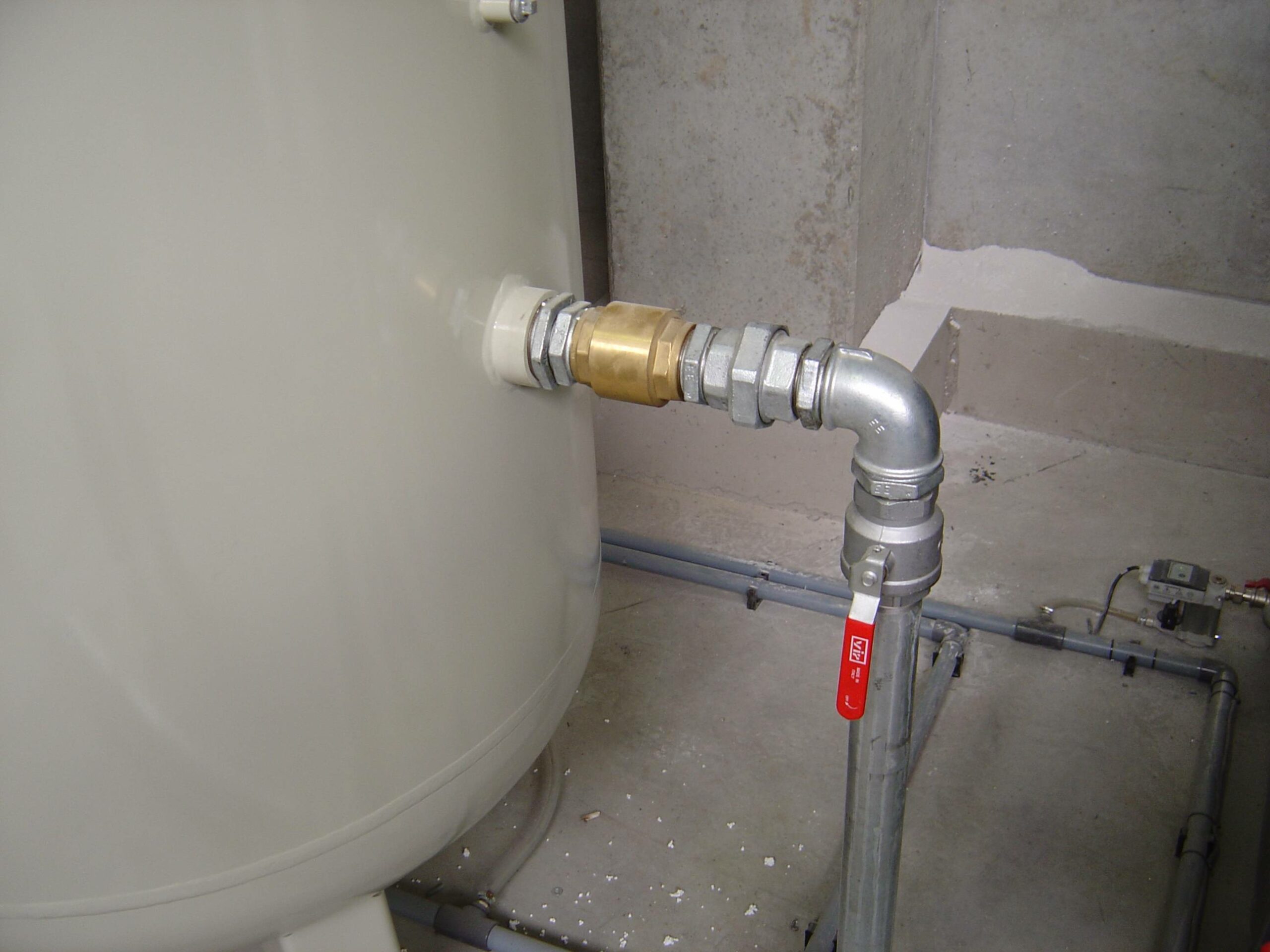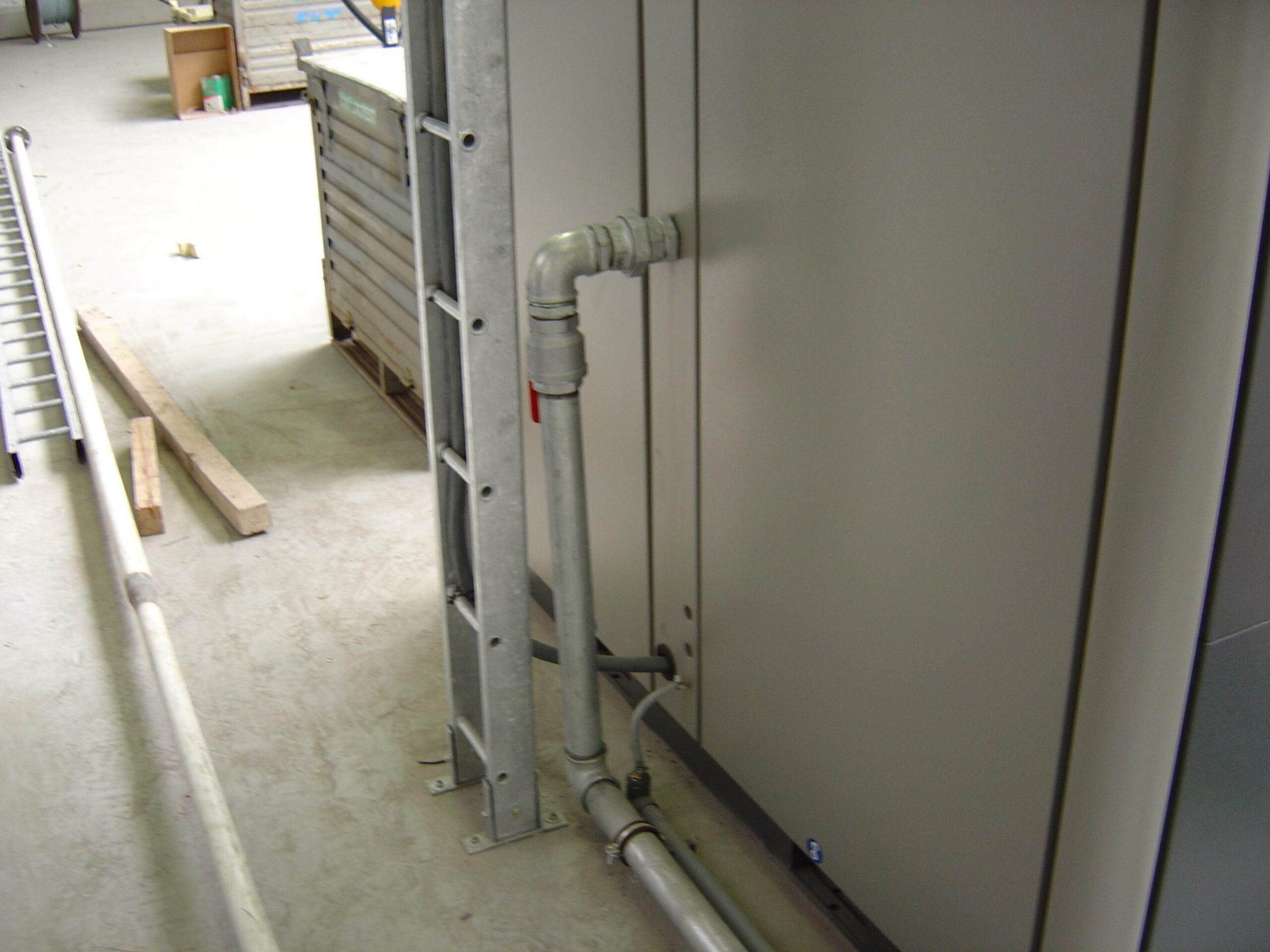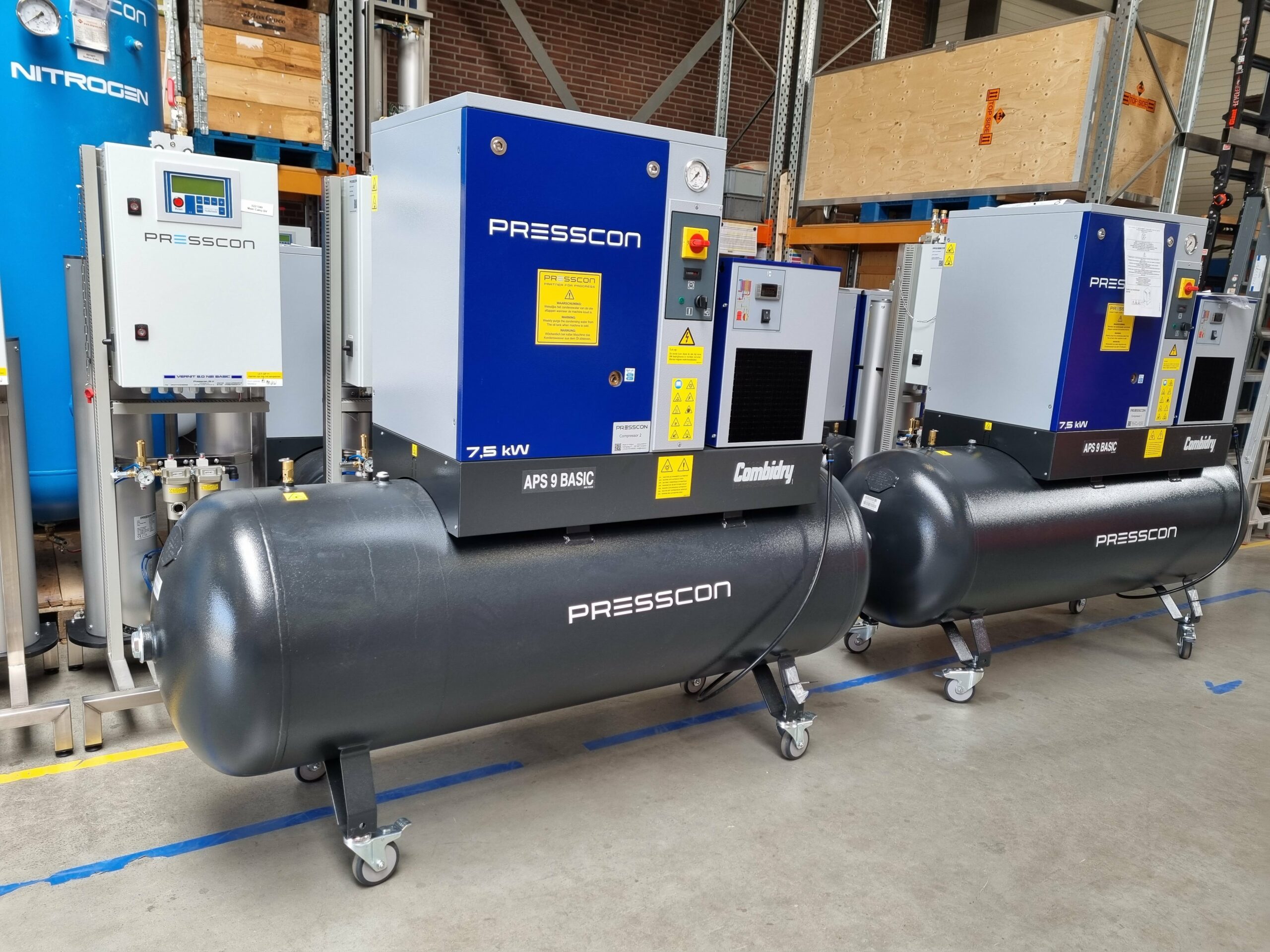How environmentally friendly is compressed air?
Blog
How environmentally friendly is compressed air?
Compressed air is a tool in many industries, from manufacturing and agriculture to healthcare and transportation. But how environmentally friendly is compressed air really? While it may seem like a clean and versatile energy source, there are important factors to consider. Below, we cover the environmental effects of compressed air and share tips for making its use more sustainable.
Energy consumption in compression
Generating compressed air is an energy-intensive process. About 90% of the energy used by a compressor is converted into heat, and only a small portion is actually utilized as compressed air. This makes the efficient use of energy and heat recovery important for environmental compatibility.
Sustainability Advice: Use high-efficiency compressors and integrate heat recovery systems into your process to reduce waste. And take advantage of the PEC controller, it provides optimal control and energy efficiency in compressors, integrating heat recovery for maximum sustainability.
The use of nitrogen as an inert gas
In some applications, such as food production and horticulture, nitrogen is used to supplement or replace standard compressed air. Nitrogen is an inert gas that prevents oxidation, but it can also be generated sustainably with nitrogen generators.
Sustainability recommendation: Consider nitrogen generators that are energy efficient and produce nitrogen on site. This reduces reliance on transportation and logistics of nitrogen cylinders.




The importance of leak tightness
One of the biggest sources of waste in compressed air systems is air leakage. This can lead to significant energy losses and increased operating costs. Even small leaks contribute to unnecessary energy consumption and increased CO2 emissions.
Sustainability Advice: Perform regular leak detection and maintenance to ensure the efficiency of your system. In addition, use high-quality piping and fittings to prevent leaks. In particular, consider pressure pipes made of stainless steel (for extra safety or sterile environment is important) or galvanized steel (especially for industrial processes).
Alternatives to oil lubrication
Many compressors use oil to reduce friction and wear. While effective, the risk of oil leakage or contamination of compressed air can be an environmental problem.
Sustainability recommendation: Choose oil-free compressors in applications where cleanliness and environmental friendliness are a priority, such as in the food industry or laboratories.
Responsible disposal of compressed air condensate
Condensate, a byproduct of compressed air production, can contain harmful oils and contaminants. If disposed of improperly, it can pollute the environment.
Sustainability recommendation: Use oil-water separators and ensure responsible disposal of waste streams according to environmental standards.
Green energy sources for compressors
The energy source for powering compressors has a major impact on the environmental impact of compressed air. Using renewable energy, such as solar or wind power, can drastically reduce the carbon footprint of compressed air.
Sustainability advice: Consider green power contracts or invest in on-site renewable energy solutions.
Conclusion
Compressed air can be an environmentally friendly source of energy, but its sustainability depends greatly on how the system is designed, maintained and operated. By minimizing energy consumption, preventing leaks and applying sustainable technologies, the environmental impact of compressed air can be significantly reduced. Nevertheless, compressed air does represent a very essential energy source!
